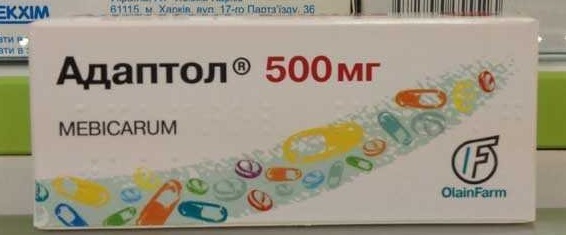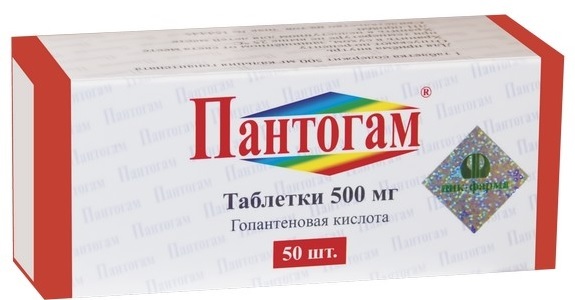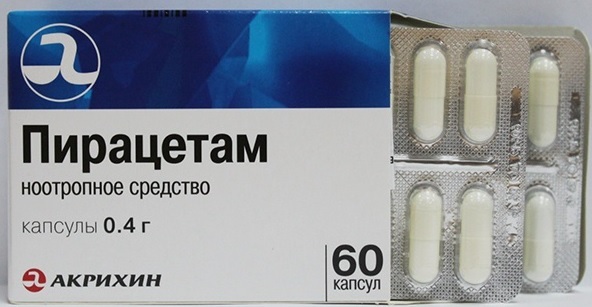Preparations for Parkinson's Disease
Contents:
- How do antiparkinsonian drugs work?
- Basic therapy
- Overview of drugs
- Features of application
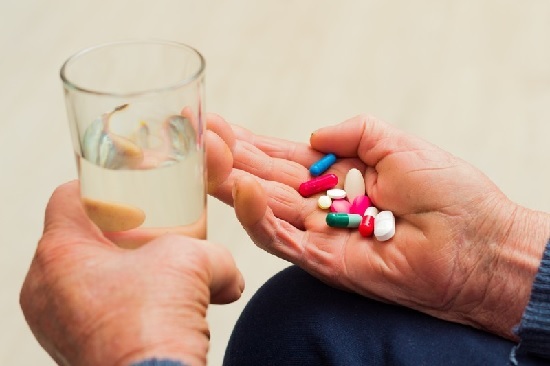 Parkinson's disease is one of the few progressive neurological diseases of chronic course that is characterized by degenerative changes in the extrapyramidal motor system. In general, the disease affects the elderly, in particular men. Despite the achievements in modern pharmacology and medicine, there is no medicine or method that can completely cure the disease. But still there are drugs for Parkinson's disease, the mechanism of their action is aimed at slowing the progression of pathology, improving the quality of life of patients.
Parkinson's disease is one of the few progressive neurological diseases of chronic course that is characterized by degenerative changes in the extrapyramidal motor system. In general, the disease affects the elderly, in particular men. Despite the achievements in modern pharmacology and medicine, there is no medicine or method that can completely cure the disease. But still there are drugs for Parkinson's disease, the mechanism of their action is aimed at slowing the progression of pathology, improving the quality of life of patients.
During the development of the disease, neurons of the central nervous system die which are produced by the neurotransmitter dopamine. Deficiency of dopamine production leads to disruption of the brain, with the subsequent development of muscle rigidity, hypokinesia, tremor and other clinical symptoms.
How do antiparkinsonian drugs work?
Drug therapy consists of the administration of anti-Parkinsonian drugs that fill the deficiency of dopamine due to brain cell death. The neotemlemoy part of the treatment is the pill from Parkinson's disease, which allows to slow the progression of pathology - neuroprotective therapy.
A supplement is considered to be the intake of vitamins, antioxidants, and doctors prescribe symptomatic therapy, which includes taking medications that help to eliminate the common symptoms that are present in this disease.
Important! The choice of any drug, like the dose, the course of treatment, is appointed by the attending physician individually.
The drugs in the treatment are levodopa in Parkinson's disease. They are prescribed for all patients. As a rule, other medications are prescribed, but they are taken in conjunction with Levodopa. Medical treatment performs two main tasks:
- Reduces the rate of death of brain cells with dopamine.
- Reduces symptoms, thereby prolonging the life of the patient.
Basic therapy
Antiparkinsonian treatment consists of the following groups of medications:
- Levodopa: Stalevo, Nakom - converts levodopa into dopamine.
- Agonists: Pramipexole, Dostinex - stimulate dopamine receptors in brain cells.
- Amantadines: Viregit, PK-Merz - increase the production of dopamine in the brain cells.
- Monoamine oxidase inhibitors: Seligiline, Azilect - prevent the process of destruction of dopamine.
- Anticholinergic drugs: Cyclodol - normalize biochemical imbalance in the cells of the nervous system, which appears against the background of a lack of dopamine.
- Vitamins of group B, C and E. They have a pronounced antioxidant effect in the fight against free radicals.
- Vitamins in Parkinson's disease make it possible to provide the human body with all the necessary substances to improve the functioning of the central nervous system.
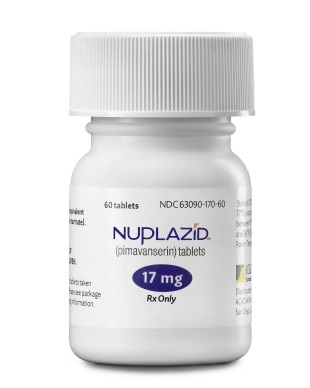 The doctor may prescribe other medications, since the range of antiparkinsonian drugs is quite extensive. In the last few years, doctors often prescribe new drugs for Parkinson's disease. These medicines also can not cure the disease, but have good tolerability, have successfully passed a number of clinical trials, during which it was proved that their administration reduces the symptoms of delusional conditions, reduces tremor. These drugs include a new drug for Parkinson's disease - Nuplazid( Pimavanserin).It is available in the form of tablets for oral administration.
The doctor may prescribe other medications, since the range of antiparkinsonian drugs is quite extensive. In the last few years, doctors often prescribe new drugs for Parkinson's disease. These medicines also can not cure the disease, but have good tolerability, have successfully passed a number of clinical trials, during which it was proved that their administration reduces the symptoms of delusional conditions, reduces tremor. These drugs include a new drug for Parkinson's disease - Nuplazid( Pimavanserin).It is available in the form of tablets for oral administration.
Overview of medicines
The pharmacological market offers a number of medications for treatment, but only a doctor can prescribe them, based on the stage of the disease, the age of the patient, the characteristics of his organism.
- Levodopa is a medical drug that increases the level of dopamine. Taking this medication alleviates all symptoms.
- Selegiline is an inhibitor of MAO B, which reduces the signs of the disease, thereby slowing disability.
- Propranolol - reduces tremor, has a pronounced sedative effect.
- Amitriptyline is a sedative drug that reduces irritability, increased irritability in patients with
- Parkinson.
- PC-Merz.
- Midantan.
- Mirapex.
- Pramipexole.
- Razagilin.
Any of the above drugs has a number of contraindications and side effects, so their reception should be strictly according to the doctor's prescription individually for each patient.
Features of application of
Parkinson's disease does not lend itself to complete cure, but still, if therapy is carried out correctly, there are all chances to improve the overall well-being of the patient, increase life expectancy. In the process of treatment, care for the sick is important, as well as compliance with all the recommendations that the doctor gives. Uncontrolled intake of any medicine can damage the health of the patient, aggravate the course of the disease.
write the question in the form below:

